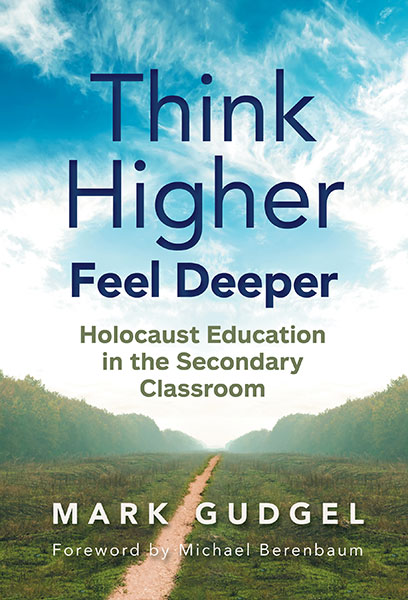Teaching 20th Century Genocide: Educator Workshop
Learning about human rights and genocides has become an essential feature of social studies curricula in Connecticut. However, as genocide education expands, questions around the nature of genocide education persist. How should genocide be taught, represented, and remembered? What challenges and barriers do teachers encounter in teaching about genocide? What practices can teachers use to make genocide edifying and empowering?
In partnership with UConn Center for Judaic Studies and Contemporary Life, Human Rights Close to Home will be hosting an in-person workshop that will provide practical guidance for teaching 20th century genocides such as the Armenian, Bosnian, and Rwanda genocides and the Holocaust. Dr. Mark Gudgel, author of Think Higher Feel Deeper: Holocaust Education in the Secondary Classroom, will lead teachers through common challenges and questions and examples of best practices and suggested resources when teaching about genocide. Dr. Gudgel is an adjunct instructor in education at Nebraska Wesleyan University, a 17-year veteran of public-school education, Fulbright Scholar, and fellow of the U.S. Holocaust Memorial Museum.
Participants will gain guidance on:
- Effective methods and suggested resources for teaching about genocide in English and social studies classes.
- Strategies for overcoming common challenges and barriers when teaching about genocide.
- Opportunities for teachers to engage in professional growth through experience abroad, research, and scholarship.
The in-person workshop will be immediately followed by a dinner and lecture by Dr. Noah Shenker as part of the annual Holocaust Convocation focusing on the developing changes in Holocaust education that come with a post-witness world. Dr. Shenker is the N. Milgrom and 6a Foundation Senior Lecturer in Holocaust and Genocide Studies at Monash University’s Australian Centre for Jewish Civilisation. Dinner will be provided.
Human Rights Close to Home
This event is sponsored by Human Rights Close to Home, an initiative of Dodd Impact. With the overall objective of transforming civics education within and beyond Connecticut, Human Rights Close to Home is designed to directly engage key stakeholders including educators and youth in the development and implementation of a model of human rights education for civic action. HRCH empowers teachers with the knowledge, skills, values, and relationships necessary to become expert human rights and civics educators. Moreover, HRCH fosters youth leadership with experiential learning opportunities that have a direct impact on them and their communities.
For more information and to RSVP, visit UCONN Human Rights Institute

